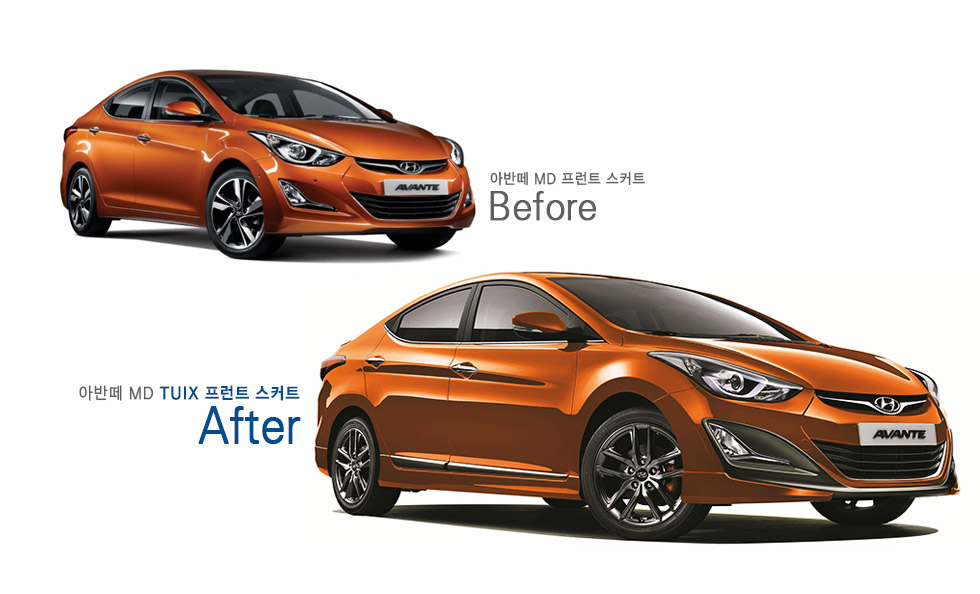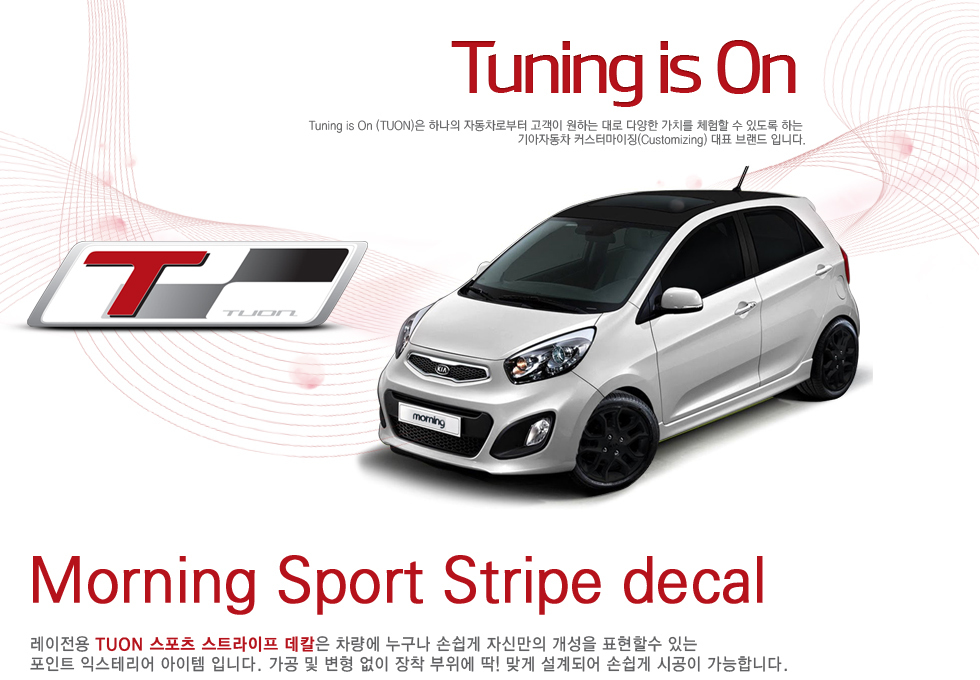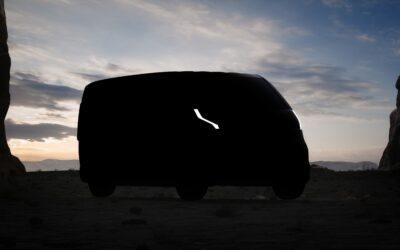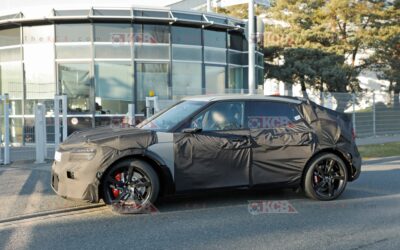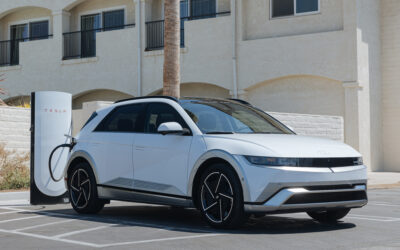Customizing cars with everything from fluorescent spoilers to tricked-out headlights is a time-honored tradition in such auto-crazy nations as the United States and Japan. Not so in South Korea, where highly restrictive car-modification laws have long kept a lid on tuning.
[ads id=”0″ style=”float:left;padding:5px;”]But that is changing. A wave of deregulation has opened the door for Hyundai Motor Co. and Kia Motors Corp. to finally bring out some bling. The move could pave the way for similar kits stateside.
In May, Hyundai dove into aftermarket merchandizing with an online store called Tuix Mall, hawking such add-ons as dual muffler exhausts, accented fuel-tank lids and Brembo brakes. Hyundai makes tuner parts for vehicles including the Veloster, Avante (sold in the United States as the Elantra), Sonata, Tucson and Santa Fe.
Hyundai also offers special Tuix Editions of its Tucson crossover and Avante compact car, edging the brand toward such rival tuner subbrands as Toyota’s TRD, Nissan’s Nismo and Dodge’s Mopar.
Hyundai Motor America offers no similar tuning accessories, and U.S. spokesman Jim Trainor said there is no immediate plan to introduce Tuix add-ons stateside. But a successful launch in the home market could embolden Hyundai to follow suit overseas.
Hyundai sibling brand Kia also launched an online store in May, dubbed the Tuon Mall. It sells parts for the Morning, Ray, Soul and Sportage, while offering Tuon packages for the Soul and Sportage.
The subcompact Morning is sold in Europe as the Kia Picanto, but is not sold in the United States. The Ray, sold only in Korea, was the electric-vehicle predecessor of the Kia Soul EV, which is due in U.S. and other markets outside Korea this year.
The tuning lines at both companies are in their infancy. Spokespeople from the carmakers said that during the initial rollout, products focus mainly on exterior and interior styling rather than performance or horsepower enhancements. Until recently, the idea of aftermarket tuning and related accessories in South Korea would have been a nonstarter.
[ads id=”0″ style=”float:left;padding:5px;”]Drivers in the nation were kept on a short leash when it came to modifying their cars’ appearance and performance. Just to change the headlamps, owners had to apply for government approval then hire an authorized mechanic to install them, according to the Yonhap news agency, which reported the government’s decision last month to relax the rules.
Under the new system, people can modify cars without prior permission, the report said. Hyundai began dabbling in tuner accessories in 2010, but volume was largely limited.
“Tuning cars was restricted in many ways and lacked a clear industry standard,” Hyundai spokeswoman Song Mee-young said. “Now, with the government deregulation, it is poised to become more active. Our ultimate goal is to develop and communicate special Tuix Editions that are completely different in design and performance from the existing production cars.”
It is part of the government’s plan to boost the local tuning market to 4 trillion won ($3.97 billion) by 2020, from a relatively paltry $496 million today, Yonhap said. That compares with aftermarket sales of $34.72 billion in the United States, it said.
The move may also help homegrown carmakers Hyundai and Kia defend domestic market share from surging imports with more exciting offerings that set them apart. Although import sales are still modest, they are steadily rising and have grabbed more than 10 percent of the market, with sales concentrated on high-end models.

